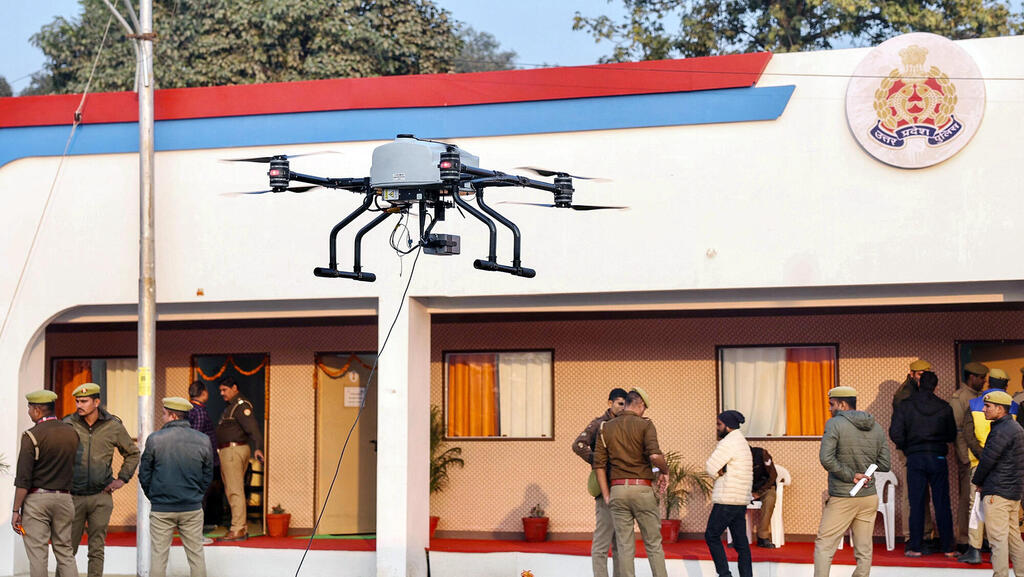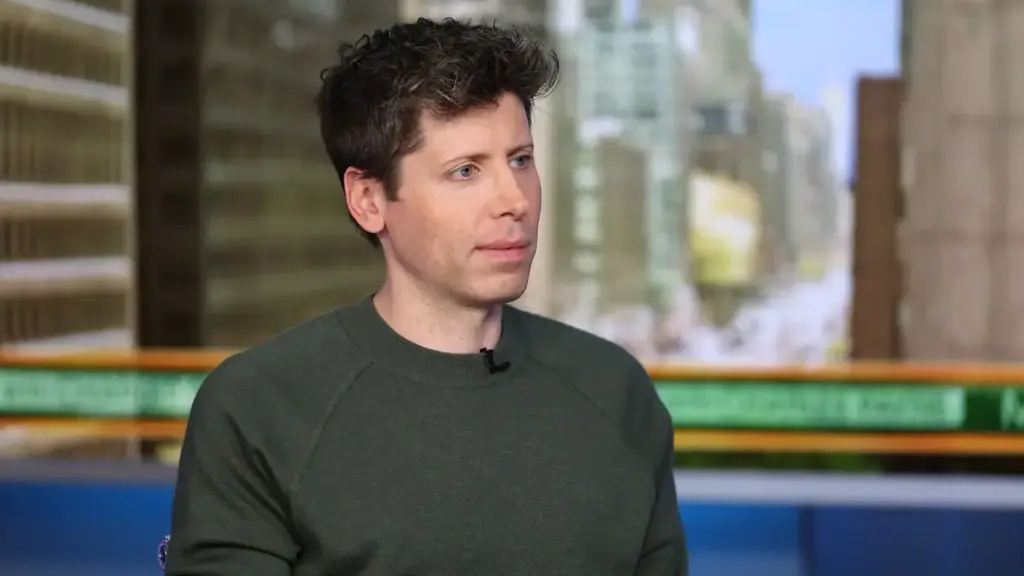
Can India break into the AI race? $1.15 billion fund paves the way
India aims to develop its own AI capabilities, responding to global tech tensions and its need for digital autonomy.
India is doubling down in the artificial intelligence race. As part of its 2025–2026 budget, the government announced the launch of a $1.15 billion fund to support startups in the field, along with a five-year extension of tax exemptions. At the same time, the Minister of Electronics and Information Technology announced that the country will launch an Indian generative AI model this year, a move that includes extensive chip acquisitions and a $20 billion investment plan to build data centers.
These steps come against the backdrop of growing competition between the United States and China, as well as restrictions imposed by Washington on chip exports aimed at hindering rival countries from developing advanced technologies. India, it seems, is also striving for digital independence.
“The foundational models made in India will be able to compete with the best in the world,” said Electronics and Information Technology Minister Ashwini Vaishnaw. “With algorithmic efficiency, we can create these models in a much shorter time frame. We will have a world-class foundational AI model in just a few months.” The computing facility will be available to all entities—including startups, researchers, and developers—through an online portal. A team of experts will review applications for access, and 40% of computing costs will be subsidized by the government for four years.
In recent years, the Indian government has been working hard to strengthen its technology industry. Alongside government investments and regulatory relief for startups, the country is building data centers, launching AI labs and centers of excellence, and deepening ties with American tech giants. Just last year, OpenAI announced its support for the government’s IndiaAI initiative by investing in the local developer community. At the same time, Microsoft pledged to invest $3 billion over the next two years in building cloud and AI infrastructure in India, while Meta signed a partnership with IndiaAI to promote open-source models. Google has also joined the initiative, announcing extensive efforts to adapt its AI tools to India’s diverse population.
India is walking a tightrope. On one hand, it seeks to cooperate with American tech giants and attract foreign investment. On the other, it aims to develop independent capabilities to avoid complete dependence on Western technology. In some respects, the country has even shown hostility toward tech giants, especially social media platforms. But when it comes to artificial intelligence, the subcontinent seems to be taking a friendlier approach. American efforts to limit China’s access to chips and AI technologies are an additional incentive for India to invest in infrastructure, driven by fears that it could face similar restrictions in the future.
India is the world’s second-largest internet market and the largest open market. However, it is still considered a relative laggard in the AI race. While India operates the world’s largest biometric identification system—used to distribute social assistance and even for police surveillance—its processing capabilities remain far behind those of leading tech powers. The new investments in AI are expected to accelerate the growth of the tech job market. The government hopes these initiatives will create thousands of jobs, both in AI development and in complementary industries such as semiconductors and cloud infrastructure. India is already a global hub for software development, but the big question is whether it can replicate that success in the field of artificial intelligence.
When OpenAI CEO Sam Altman visited India in 2023, he dismissed the country’s chances of becoming a major player in AI, even calling it “impossible” for India to develop a tool similar to ChatGPT. “The way this works is we're going to tell you it's totally hopeless to compete with us on training foundation models. You shouldn't try, and it's your job to try anyway, and I believe both of those things,” he said at the time. Altman, who is set to return to India this week, will have to reckon with those past statements in light of the launch of China’s DeepSeek, which has managed to introduce advanced generative AI tools at significantly lower costs than its American competitors. Despite its limitations, DeepSeek has proven that AI is not the exclusive domain of a few big players.
India, which has long courted tech giants to establish manufacturing facilities within its borders, is now working to develop its own independent AI ecosystem—one that can withstand both global competition and geopolitical constraints.















